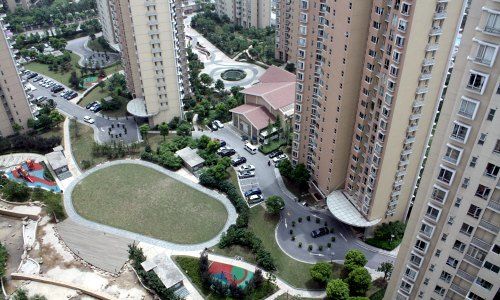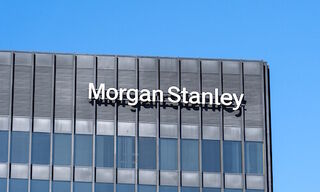Prices for residential property in Asia-Pacific cities Shanghai, Melbourne and Sydney continued to rise an average 11 percent over last year, beating out North America, a new index of residential property values shows.
Vancouver topped the table, compiled by real estate firm Knight Frank, with a 36.4 percent rise to June. Last month, the local government said it will introduce a hefty tax on real estate by foreign buyers this month in order to rein in prices.
The Canadian city was followed by Cape Town, Toronto and Melbourne in the top-five.
China Investment
A flood of foreign investment, much of it from China, has sent real estate prices in Vancouver surging, squeezing out a middle class which increasingly cannot afford the high prices.
Other top-ten cities in the index are Sydney, Tokyo, Guangzhou, Singapore, and Seoul.
Prime prices in London already softened before the June 23rd vote to leave the European Union, due to a change in stamp tax.
More Policy Meddling
British Columbia's move to tax foreigners buying is mirrored by similar steps in Hong Kong and Singapore, which have levied stamp duties in recent years. Victoria, Queensland and New South Wales in Australia have also recently introduced similar levies for foreign buyers.
The majority of top-ten cities on the index have been on the receiving end of cooling measures – interest rate hikes, fees for foreign buyers, higher land tax, rules on second homes – in the last 12 months, and these will become more common, Knight Frank said.
Hong Kong in Last Place
«Increasingly however, whether you are a domestic or foreign property investor, policy interventions are becoming more regular – and in some cases unpredictable – meaning that market analysis must move beyond simple demand-supply relationship and pricing into the realms of political science,» Nicholas Holt, Knight Frank's Asia Pacific head of research said.
At the bottom of the table, Hong Kong dropped below Taipei as the weakest residential market, with prices slipping 8 percent on the year amid a supply glut due to an economic slowdown.





















